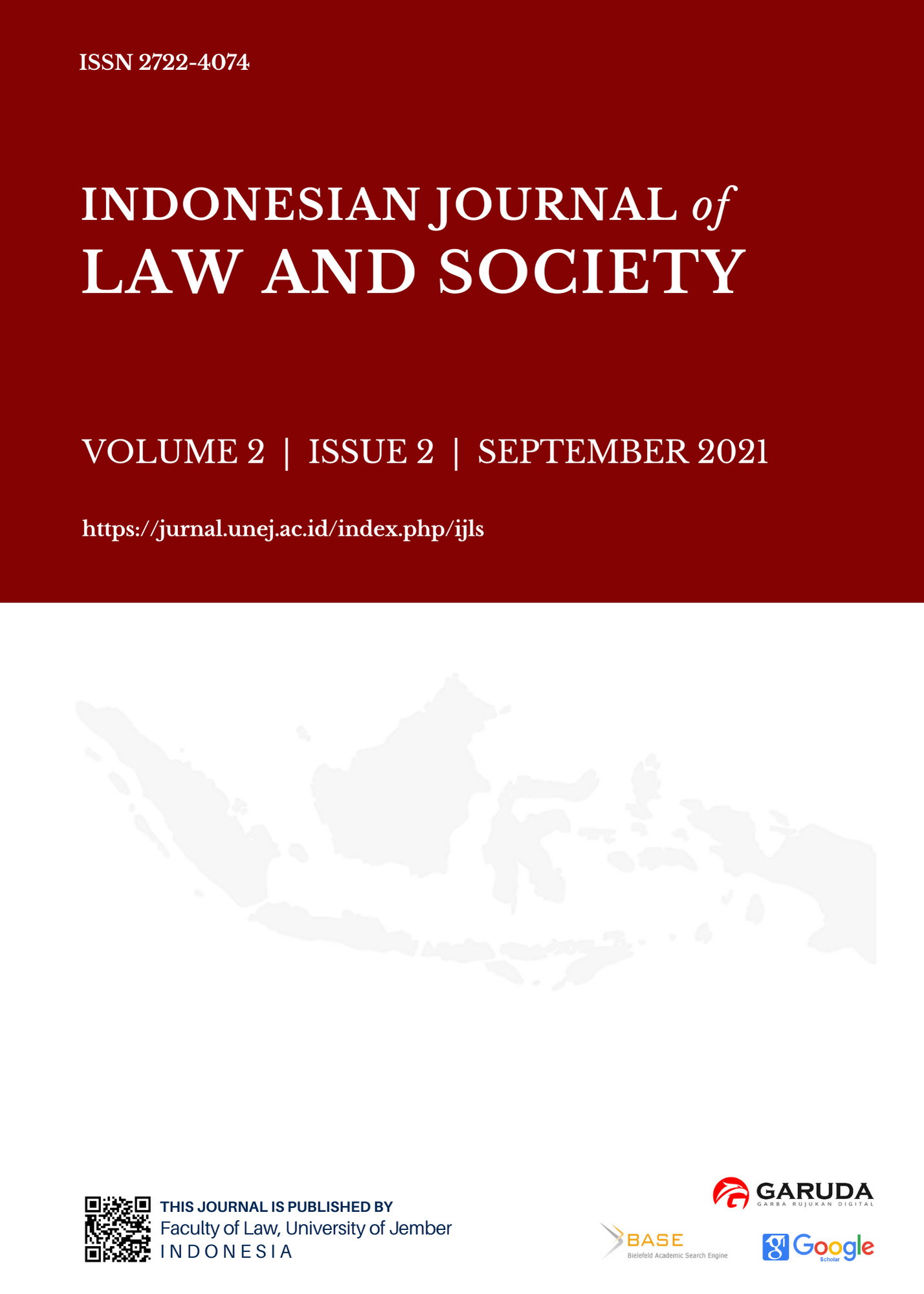Legal Analysis of the Nature of Cyber Currency in Iran: A Comparison to EU Law
DOI:
https://doi.org/10.19184/ijls.v2i2.26660Abstract
Electronic money as the monetary value stored in an electronic instrument is the last step in the gradual evolution of money, described as the immaterialization and invisibility of money. It is an emerging phenomenon that can perform the functions and duties of money. This study aimed to investigate the legal concept of cyber currency in Iran-Islamic and EU law in a comparative view. This study mainly considered e-money as a payment method and discusses it from different perspectives. In analyzing the legal nature of this phenomenon, it used two different approaches by combining an empirical-analytical method and a comparative study. The first approach was to analyze the nature of electronic money as a type of money. The second was to analyze the nature of electronic money in the light of non-monetary theories and describe it as one of the legal institutions used in business. This study concluded that electronic money would have different legal effects in its legal analysis, depending on who the publisher and acceptor are and how its publication and circulation process is defined and explained. The description of electronic money in the form of non-monetary theories ignored its role as an efficient payment tool in today's advanced business environment.
KEYWORDS: Electronic Money, Cyber Currency, Islamic Law.
Downloads
Downloads
Published
Issue
Section
License
The Indonesian Journal of Law and Society has CC-BY-SA or an equivalent license as the optimal license for publishing, distributing, using, and reusing scholarly work. Authors who publish with this journal retain copyright and grant the journal right of first publication with the work simultaneously licensed under a Creative Commons Attribution-ShareAlike 4.0 International License that allows others with permission from the publisher to share the work with an acknowledgment of the work's authorship and initial publication in this journal.


